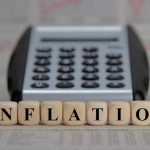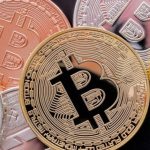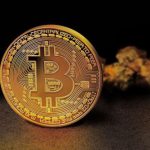Inflation: The Influence On Personal Economic Well-being
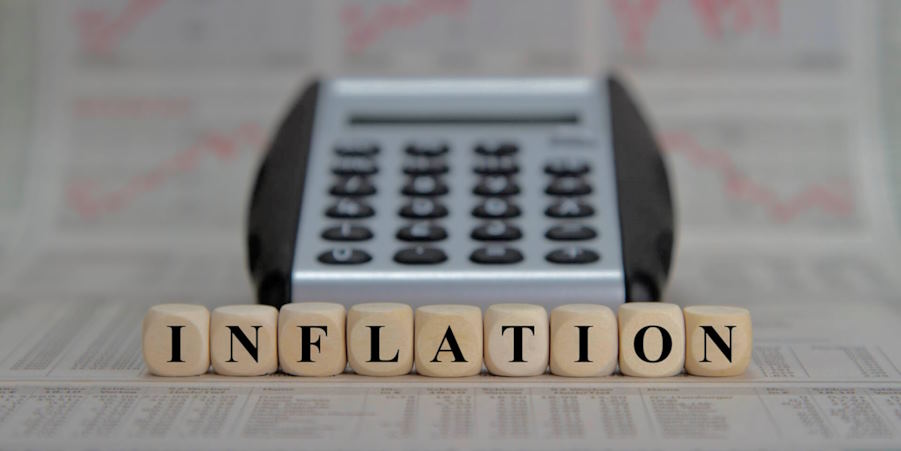
In the case, when the cost of services and different goods inches upward, the influence resonates beyond the immediate transactions, touching the essence of personal finance. It prompts individuals to recalibrate their budgets, reassess their investment strategies, and consider the broader implications for their economic well-being, fostering a heightened awareness of the ever-present interplay between inflation and the delicate fabric of individual financial landscapes.
What is the influence?
The impact on individual finances is complex, touching various aspects such as purchasing power, savings, investments, and overall financial well-being. As the costs of goods and services escalate, the true value of money dwindles, resulting in a decrease in the quantity of goods and services that can be obtained with the same monetary amount. This decline in purchasing power poses challenges to meeting everyday expenses, presenting individuals with the difficulty of sustaining their accustomed standard of living.
Inflation also has implications for savings and investments. Traditional savings accounts and fixed-rate investments may struggle to keep pace with inflation, resulting in diminished real returns. Investors need to consider inflation when crafting their investment portfolios to ensure their wealth doesn’t erode over time.
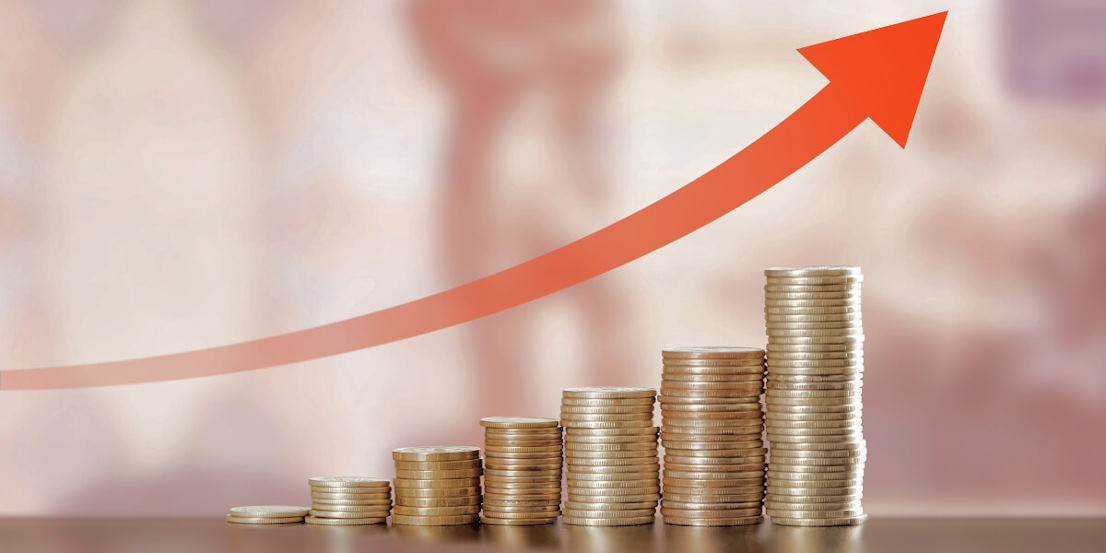
It also exerts an impact on wage growth. When wages fail to rise at a rate commensurate with inflation, individuals may discover that their income is inadequate to cope with the escalating costs of living. This mismatch can exert pressure on household budgets, potentially leading to financial strain and affecting overall financial stability.
Moreover, inflation can alter consumer behavior, influencing spending patterns and financial decision-making. Individuals may be prompted to reconsider their financial strategies, such as budgeting, investing, and retirement planning, to adapt to the changing economic landscape.
Understanding the effect of inflation on personal finances is crucial for individuals to make informed financial decisions, protect their purchasing power, and develop strategies to navigate the challenges posed by a dynamic economic environment.
How to be ready for this challenge?
Staying well-informed about economic indicators and the factors driving inflation is foundational. Diversify investments intelligently, incorporating assets historically resilient to inflation, like real estate and Treasury Inflation-Protected Securities. Regularly review and adjust your budget, prioritizing essential expenses to maintain financial stability. Cultivate a robust emergency fund to provide a financial buffer against unforeseen expenses. Regularly reassess financial goals and be flexible in adapting to evolving economic conditions.





